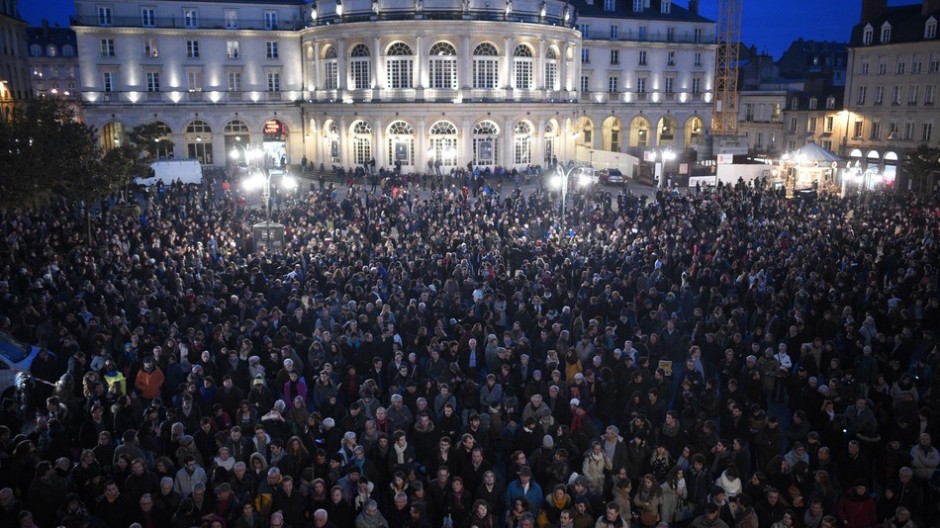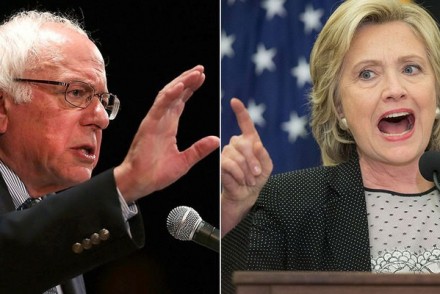Many people are asking why others on Social Media aren’t mourning as much for victims of recent terrorist attacks by ISIS and other Islamist groups in Beirut, Kenya, Syria and Iraq as they are in Paris. Some are saying “I refuse to change my profile picture to the French flag because I care about these other countries just as much – where is their flag, where is *their* safety check-in?” This happens quite a bit when terrorist-related tragedy strikes.
I guess on the surface I’m heartened to know people suddenly care about victims of terrorism in the middle east, but I must say I am confused, because overwhelmingly the people I know saying this usually completely ignore attacks such as these when they actually happen. Indeed, it is only when an attack happens on European or Western targets that some choose to voice their sudden concern over them, even weeks or months later than when the attacks took place.
Case in point – many people are now confused into thinking the attacks in Kenya just took place at around the same time as the attacks in Paris. They actually took place last April, and the same people now declaring their importance actually had almost *nothing* to say when they occurred. I do remember posting about this, and some of the same people now saying this overall were strangely mute. The responses I got from such people were “well it’s a complicated conflict”. It *was* a terrible tragedy, incidentally, in which 147 people died when they were attacked by the Somali islamist group Al-Shabab.
A similarly horrific attack occurred in Pakistan in December of 2014, in which Taliban gunmen stormed a school, killing 132 children and 9 adults. Many of the same people now suddenly caring about *other* Islamist attacks were almost totally silent on this when it was *actually* occurring.
It’s difficult for me to parse this out, because I actually do think it’s great that some liberal friends are beginning to focus on acts of terrorism in the middle east, a topic that too often goes ignored in these discussions. I do think some people I know on social media are *genuinely* concerned about them, and to those I am grateful that they are sharing news of the truth of these events.
However, I can’t help but imagine that others really are just using such events rather sanctimoniously to feed their own need to feel superior to their fellow liberals, and the extent to which they suddenly care about these past attacks only seems to coincide with the ability to help manufacture this superiority. Faisal Saeed Al Mutar captures this perfect in his sarcastic hashtag #IamMoreProgressiveThanYou.
When terrorists attack Western targets, in a strange way I think it’s easier for us to understand them. Our belief that imperialism and white privilege create terrorism aligns with our (rightly) mutlicultural and multiracial sensibilities, and gives us a sense of control that by already working towards goals we care about we can solve these problems, without ever having to castigate members of a historically oppressed class of people that we work tirelessly to try and elevate to a level of greater equality in our world. I think that sense of control we feel isn’t dissimilar to the feeling some get by prayer – in an insane world where tragedy abounds, that feeling of control and the idea that we can somehow make a difference is a critical source of comfort to the grieving, and I do not discount it.
But I think when attacks like the one in Kenya and the one in Pakistan actually occur – when an Islamist group murders children or students that are predominately Pakistani or Black or Arab or other non-white minorities – liberals have a difficult time parsing through it, because it flies in the face of narratives we very much want to believe regarding terrorism. We obviously believe that Islam is a peaceful religion, and that Muslims overall are peaceful people, and that these attacks occur not because of religious ideology but because of the oppression that historically has been placed upon these groups of people, most notably by Western imperialism and colonialism. We really don’t want to believe that something wrong may be afoot among some individual people who happen to be members of those groups, and we feel that due to our privilege and power in the world we cannot “possibly” criticize members of these oppressed groups fairly. Indeed, it’s committing heresy against the ideals we hold dearly in our quest to make the world a more racially equitable place. I think we have a harder time believing sometimes that such horrific acts can also happen as a result of independent human agency and devotion to a literalist, straightforward reading of religious scripture.
I can’t help but think some (not all) of the people pointing to this disparity of coverage among these tragedies suddenly look at the tragedy in Paris, and now find these other tragedies as a convenient vehicle by which to boast their multicultural credentials, to puff out their chests and quietly shame others for expressing their solidarity with Paris and the victims of the attack. This grief-shaming not only I think is in poor taste, it is somewhat narcissistic, and turns the attack in Paris into more of a commentary about themselves than about the victims.
Please don’t mistake me – we can tell the difference between those who are genuinely concerned and others more self-serving, so don’t automatically assume I’m criticizing you if you pointed this out. But maybe we should consider just allowing people to recognize the tragedy and mourn the victims in peace in the way they know best, and not use it as an opportunity to score Social Justice points for ourselves. By all means, let us draw attention to these other acts of terrorism when they occur. But for the Social Justice inclinded type of person, perhaps we should consider ceasing the “grief-shaming” when tragedy strikes.





No Comments